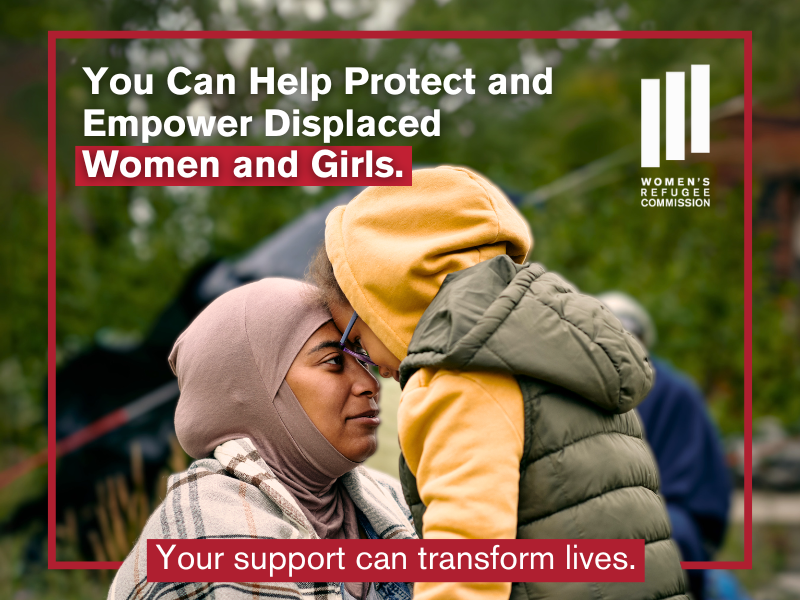Although it was warm and sunny the day I arrived in Malakal, South Sudan, I soon found out why the rainy season is notorious here. I was in the newly independent country in August to help assess our pilot project on community-based distribution of family planning services in the town of Malakal, which is right on the border with the North. We have been partnering with the American Refugee Committee since 2010 on a project looking at whether community-based distribution of contraceptives would be effective in a place like Malakal, where conflict and distance have severely limited access to health facilities in the past, and few people know very much about family planning. Our project engaged community workers and volunteers who informed their peers about contraceptive methods through home visits, health education sessions and radio shows. Over the last year, they offered information on family planning options, provided condoms and the contraceptive pill and referred those who were interested in other, longer-term or permanent, family planning methods to a health facility.
Working with a local team, we set out to meet with and survey community members to see if more of them were in fact using contraceptives than before and whether the project had indeed made a difference in their lives. Along the way, I came to understand some of the challenges this community faces.
After one day of rain, the roads transformed into rivers of mud. It would take days for the roads to dry, but until then, the mud set in, and I felt like I was constantly climbing a mountain. The rain definitely disrupts activities and prevents people, animals and cars from moving. When the sun eventually dries the terrain, the roads are left extremely bumpy and walking is not any easier. I have the utmost respect for our team members who walked every day from their homes to our meeting location, and then through the rugged land for miles to interview women in their homes. Moreover, it became all the more real to me how critical community-based distribution of family planning is in this area, where the nearest health clinic is miles away, on unusable roads.
The preliminary findings have indeed been interesting. While we will need to conduct the full analysis to really know the impact of our work, my encounters with adolescent girls in particular gave me a lot of hope that we had achieved our goals. Despite the fact that many were not informed about family planning options earlier, they were eager to learn how to protect themselves and to find out what methods were available. They realized that if they were to get pregnant, they probably wouldn’t be able to continue with school. Some of the girls in primary and secondary school were much older than you’d expect (in their late teens or early twenties), due to the war and other disruptions in their lives. They seemed deeply aware of the consequences of an unwanted pregnancy and understood what an education meant for their futures. I could really sense their positive energy, especially in light of the country’s new found freedom.
Malakal has been through much turmoil over the years, with insecurity a major concern for a very long time. The community has shown much resilience, however, and returning populations seem optimistic about what the future holds. I was thrilled to see the Upper Nile State Ministry of Health, the health facilities and schools so eager to promote family planning services. They seem to recognize how many lives could be saved and improved with better reproductive health services. I applaud the work of the American Refugee Committee and the community workers involved in the project, and hope that our study findings capture their hard work and the community’s seemingly increased openness to family planning.
View photos from her visit here.


